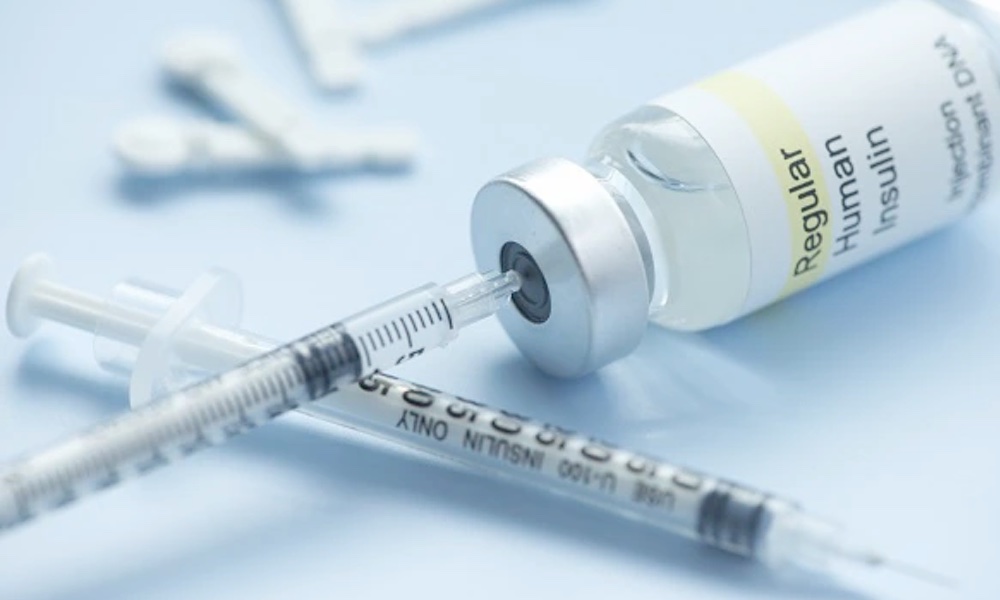Imagine needing to have to decide between paying your rent, feeding your family, putting gas in your car or paying for a life-saving medication. With the cost of insulin rising, this is the situation too many insulin users find themselves navigating. Roughly 1.3 million insulin users ration their insulin doses to save money, a new study finds.
Insulin is a hormone produced in the pancreas, a gland that’s located behind your stomach. Insulin makes it possible for your body to use glucose for energy. Insulin also signals the liver to store blood sugar for later use. In people with diabetes, the pancreas does not produce enough insulin to supply the body’s needs, so many of them, especially those with type 1 diabetes, must take insulin to help their bodies metabolize sugar.
There are two forms of the condition. Type 1 diabetes usually develops in children, teens and young adults, though it can happen at any age. Type 2 diabetes usually occurs later in life, often as a result of diet.The Inflation Reduction Act should help seniors’ insulin access by limiting Medicare copays to $35 a month. Privately insured and uninsured Americans will still have to deal with the significant financial impact of paying for their insulin, however.
Cutting back on insulin can have disastrous consequences. Without enough insulin, your blood sugar can sky rocket, and these high blood sugar levels can lead to disorders of the circulatory, nervous and immune systems.
High blood sugar — a condition known as hyperglycemia — will make you feel unwell and can lead to medical emergencies such as diabetic ketoacidosis (DKA) when your body uses fat for energy instead of sugar. Without treatment, DKA can lead to death. Cutting back on insulin can also cause white blood cells’ infection-fighting properties to malfunction. If that happens, even a minor cut can easily become severely infected.
Of course, most people who rely on insulin know about these risks. But because of the drug’s cost, they may find themselves having no choice but to cut back on their doses.
To get an idea of just how many people are rationing their insulin, researchers from Harvard Medical School and Hunter College studied data from the 2021 National Health Interview Survey (NHIS). They analyzed the responses of 982 adults who used insulin and served as a representative sample of the more than 6 million Americans who are dealing with diabetes.
- Over 16 percent of insulin users rationed their medication.
- Delaying the purchase of insulin was the most common form of rationing among all users.
- Among those with type 1 diabetes, taking less insulin than needed was most common.
- Insulin rationing was also more common among younger adults (20.4 percent) than seniors over 65 years of age (11.2 percent).
- Unsurprisingly, rates of insulin rationing were highest among uninsured persons and persons with private insurance — and lowest among people insured through Medicaid.
The high and increasing cost of insulin in the United States likely contributes to insulin rationing, the authors of the study say. The good news is that there’s relief for some on the way. The Inflation Reduction Act should help seniors’ insulin access by limiting Medicare copays to $35 a month. Privately insured and uninsured Americans will still have to deal with the significant financial impact of paying for their insulin, however.
There are lifestyle changes that can help manage type 2 diabetes — and may be helpful in dealing with type 1 diabetes. These changes include:
- Eating a nutrient-dense diet rich in fruits and vegetables
- Maintaining a moderate weight
- Staying physically active
The study is published in Annals of Internal Medicine.





